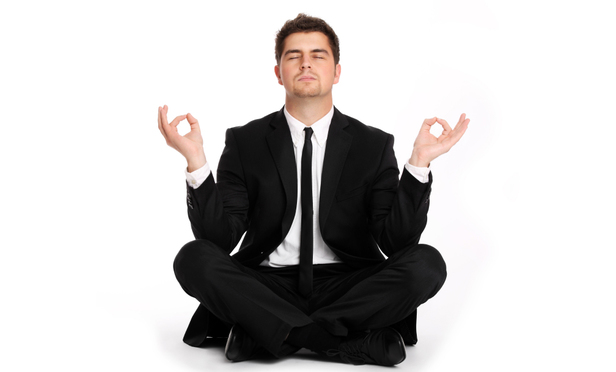Yoga has long been known as a calming and spiritual practice—one that brings peace and well-being to the body, mind and spirit. Intellectual property, as most who have tangled with it know, is anything but peaceful.
So what happens to the tranquil world of yoga when IP enters the picture?
Let’s just say it doesn’t create an atmosphere conducive to meditation.
But the Indian government, hoping to discourage Western companies from trying to capitalize on its ancient yoga practice, is taking steps to protect what it considers its traditional knowledge—a term that defines knowledge systems embedded in the cultural traditions of regional, indigenous, or local communities. Yoga, after all, developed in India in about the fifth or sixth century BCE. (India’s prime minister, Narendra Modi, has made a concerted effort to promote his country’s traditions, even establishing an international yoga day this past June in which he led thousands of people in a yoga demonstration on a broad avenue in the New Delhi.)
Since 2009, the country’s Ministry of Science and Technology has been documenting yoga postures, and has more than 1,500 of them ready for inclusion in its Traditional Knowledge Digital Library. That database, which will be made available to government offices overseeing intellectual property around the world, will serve as prior art. And that, at least in theory, should prevent others from appropriating specific yoga positions as their own creation or invention.
If this all sounds somewhat counter to the spirit of yoga, meditate on this: Bikram Choudhury, founder of the popular yoga method known as Bikram Yoga (also sometimes called “hot yoga”), insisted for years that his sequence of 26 yoga postures (asanas) and two breathing exercises were protected by copyright law and any yoga studio using these postures without authorization (and a license) was infringing his copyright. He built up a hugely successful company. He lived in a Beverly Hills mansion. He owned several luxury cars. His attorneys sent cease and desist letters to any yoga studio using Bikram postures without authorization and was not a franchisee.
The United States Copyright Office, meanwhile, issued a statement in 2012, saying the copyright for Bikram’s yoga postures had been issued in error, and it clarified that yoga postures could not be copyrighted in the way Choudhury claimed.
Following that statement, U.S. District Court Judge Otis Wright in Los Angeles ruled in a case Choudhury had filed in 2011 against a rival yoga studio, Evolation Yoga, and its owners, that Choudhury is not entitled to copyright protection for the yoga sequence.
Choudhury appealed that decision to the U.S. Court of Appeals for the Ninth Circuit. The case has now been fully briefed and oral arguments took place in May. Chadhoury’s attorneys at O’Melveny & Myers argued that Choudhury’s “creative vision” should be protected—that the specific forms of physical movement should be deemed a protectable compilation or expressive choreographic work, and that the Copyright Office’s policy statement should not receive deference by the court.
Evolation Yoga and its owners, represented by Maier Shoch, argued that the sequence of postures represented an idea—not an expression of an idea, and that copyright law clearly states that copyright protection cannot extend to any idea.
So while India is working to protect yoga practices by ensuring they exist in the public domain, lawyers and practitioners of yoga are eagerly awaiting the court’s decision.
Namaste.
From: Corporate Counsel

